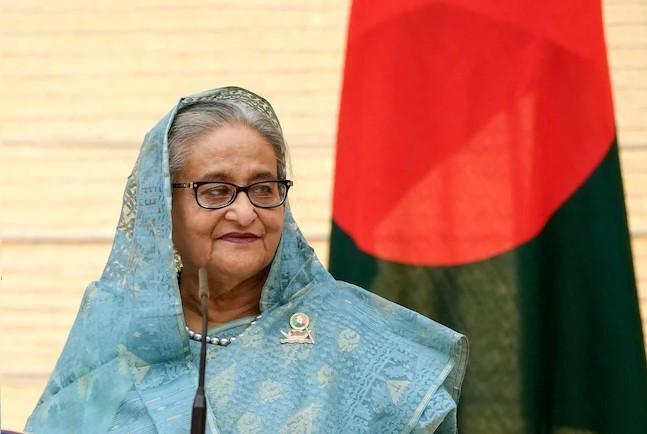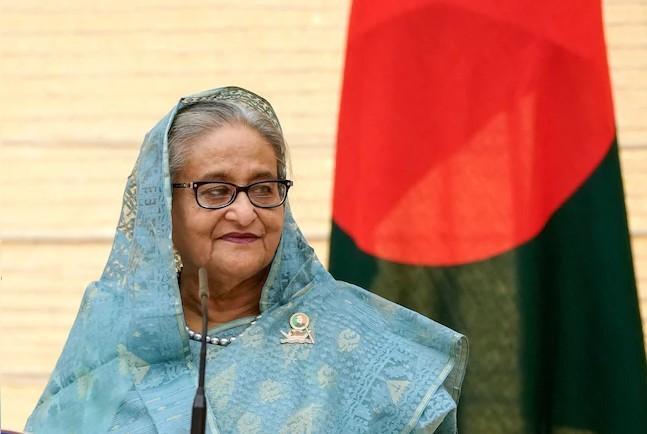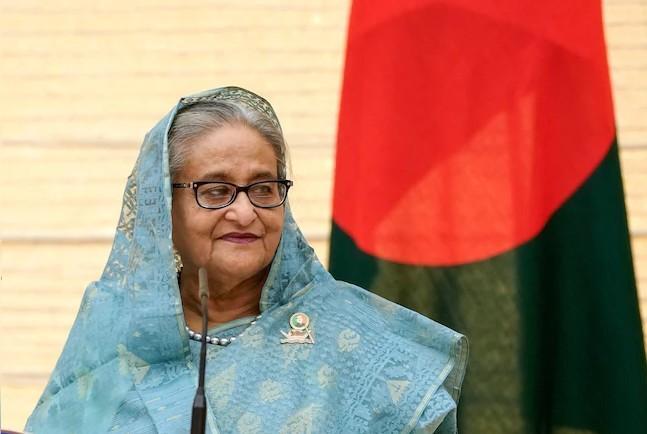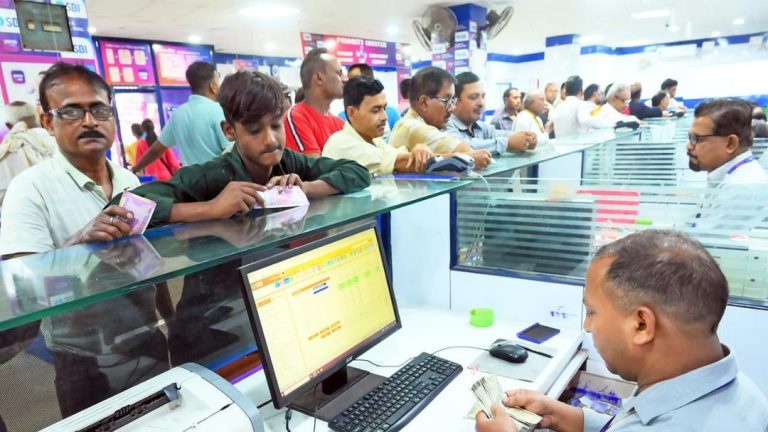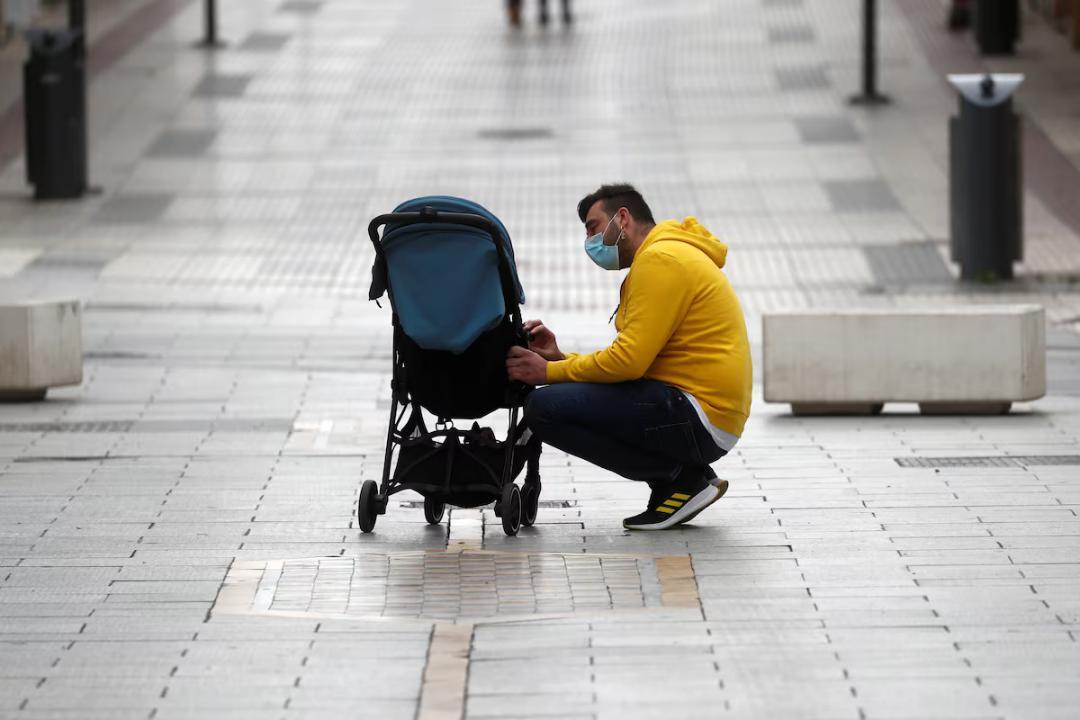
Spain to offer 17 weeks parental leave to both mothers & fathers
In a significant move towards promoting gender equality and supporting new parents, Spain has announced plans to extend its parental leave policy to 17 weeks, with both mothers and fathers eligible to take fully-paid leave after the birth of a child. This is a significant increase from the current 12 weeks of leave, and a major step forward in Spain’s efforts to promote gender equality and support working families.
The new policy, which is set to come into effect in the coming years, will give both mothers and fathers an additional five weeks of paid leave, bringing the total leave period to 17 weeks. This is a major departure from traditional gender roles, where mothers have typically taken on the bulk of childcare responsibilities, and fathers have been expected to be the primary breadwinners.
Spain and Finland are the only EU countries to offer equal, fully-paid birth leave to both parents, and this move will put Spain at the forefront of parental leave policies in Europe. The policy is seen as a major step forward in promoting gender equality, and will help to support working families and reduce the gender gap in the workforce.
The decision to extend the parental leave policy was announced by the Spanish government in July 2025, and is seen as a major milestone in the country’s efforts to promote gender equality and support working families. The government has long been committed to promoting gender equality, and has taken a number of steps in recent years to address the gender gap in the workforce.
The new policy is also seen as a major benefit for working families, who will be able to take full advantage of the leave period to care for their new child. This will help to reduce the pressure on mothers, who have traditionally taken on the bulk of childcare responsibilities, and will give fathers the opportunity to take a more active role in childcare.
The policy is also expected to have a positive impact on the economy, as it will help to reduce the gender gap in the workforce and increase the number of women in the labor market. This will lead to increased productivity and economic growth, as well as a more diverse and inclusive workforce.
In addition to the economic benefits, the policy is also expected to have a positive impact on the well-being of both parents and children. Research has shown that children who are cared for by both parents tend to have better social and emotional development, and are more likely to achieve their full potential.
The policy is also seen as a major step forward in promoting gender equality, and will help to challenge traditional gender roles and stereotypes. By giving fathers the opportunity to take a more active role in childcare, the policy will help to reduce the pressure on mothers and promote a more equal sharing of responsibilities between men and women.
The decision to extend the parental leave policy was welcomed by a number of organizations, including the Spanish trade union, Comisiones Obreras (CCOO). The CCOO praised the government for its commitment to promoting gender equality and supporting working families, and called for further action to address the gender gap in the workforce.
The government’s decision to extend the parental leave policy is also seen as a major step forward in promoting the well-being of both parents and children. By giving parents the opportunity to take full advantage of the leave period, the policy will help to reduce the pressure on mothers and promote a more equal sharing of responsibilities between men and women.
In conclusion, Spain’s decision to offer 17 weeks of parental leave to both mothers and fathers is a major step forward in promoting gender equality and supporting working families. The policy will help to reduce the gender gap in the workforce, increase the number of women in the labor market, and promote a more equal sharing of responsibilities between men and women. It is a major milestone in Spain’s efforts to promote gender equality, and will have a positive impact on the well-being of both parents and children.
Source:
